Permit me to bore my readers again today. This is very technical stuff that does not make interesting reading.
Yet, it speaks to the heart of the current crisis in the Nigerian Basketball Federation. It is also an early warning signal of a similar crisis happening in the Nigeria Football Federation. The Athletics Federation survived its own crisis, albeit temporarily, through the intervention of fate and the 2020 Tokyo Olympics.
Sports Associations are set up by private individuals with a common interest in a particular sport. They register (or not) the association as a corporate body with the Corporate Affairs Commission. They operate the association’s activities within the ambit of the laws of Nigeria, conducting their affairs without the interference of any external or internal Third parties. They write their own constitutions and set up structures to guide the day-to-day activities for their members.
That is the common template for the founding and running of all the sports associations.
The associations then go ahead to affiliate to any international body they choose and freely conduct business with them independently. Unfortunately, they can’t operate in isolation of some critical stakeholders, and, therefore, necessarily expand their membership base by collaborating with other relevant organisations that affiliate with them in order to achieve their mutual objectives. These are clubs, players, coaches, referees, physical and health education specialists, sports medicine practitioners, marketers, and so on, all relevant stakeholders including government agencies. Collectively, this assembly make up the membership of sports associations.
Also Read – Odegbami: National Youth Games – Catalyst Of Grassroots Sports!
The board of the association usually comprises equal representation by each of the different key-members. From amongst the board they elect their leadership. From the total membership of the organization also they set up their working committees. The system worked very well and without crisis, for decades.
Incidentally, governments at national, State and Local Government levels, through their sports councils/ministry, are direct stakeholders in every Sport by virtue of the essential roles they play within the national sports development architecture. In the associations, governments often provide the office space and a Secretary for a secretariat, the sports facility or infrastructure for the competitions, vehicles and other logistical needs, and some subvention funds. In many instances and places, government agencies even own and run clubs that participate in the competitions of the association.
Of all these make governments legitimate stakeholders and qualified members of the sports associations. That qualifies the Ministry of Sports to have a representative in the board of all the sports associations. Not to recognize this fact is a fallacy.
Indeed, in many countries around the world, particularly Third World and Socialist countries, governments cannot be separated from sports. The International bodies know this fact and also know to accommodate these cultural and political peculiarities in relating to the associations.
For several decades before and after Nigeria’s Independence in 1960, there was no problem with that arrangement. International sports bodies to which the national associations were affiliated understood the peculiar circumstance very clearly, and steered clear of any issues about governments being involved in the business of their domestic sport. They see them as stakeholders, and not as third-party interlopers.
Indeed, it is not even the business of International bodies to monitor how their member associations conduct their day-to-day business. The associations may even choose to sleep with the devil provided their activities are not in breach of the rules in the constitutions of the international bodies.
For national associations, the singular challenge then was that the sports ministry often used their exalted position as supervisor to install whoever they fancied as Chairperson of the association, and publicly claim it is a directive from the Presidency. That meant the entry of politics into the fray. That also meant the installing of persons not often versed in sports matters to head sports associations. We experienced that many times in the history of several associations.
Also Read – Odegbami: Who Is In Charge Of Nigeria’s National Sports Teams?
The only way to halt that trend was to introduce new processes for electing the leadership. That meant tampering with the established constitutions and introducing new methods for electing Chairmen for the association. That meant an inevitable clash with governments.
That is the genesis of the crisis in Nigerian sports associations/federations elections – the fight over who controls the lever of power through the instrumentality of the constitution of the associations.
Fresh articles within constitutions that had to do with elections were either introduced, or old ones tampered with. Either way, they became instruments of manipulation to favour particular interest groups.
A former director in the sports ministry became a master at that game. That’s how he became the most powerful sports administrator in Nigeria’s history, using his position to inject all manner of articles into constitutions of associations in a classic case of ‘wuru wuru to the answer’.
This has become the new trend in the past almost 3 decades. The result is the unending protests and crisis before, during and after association board elections.
Fed up with the crisis, some stakeholders started to a campaign to shut out government’s involvement in Nigerian sports. That cannot work and will not happen for the near future.
Every sports association can fund and run their domestic programs without major challenges. From amongst themselves they can raise the needed funds through levies, participation fees, and the several marketing opportunities they can create and exploit to run their programs and competitions, and to participate in international competitions involving their members without problems.
But when they go outside their primary mandates and take on bigger roles and responsibilities that are not theirs, they run into the problem of funding and the need for government involvement and inevitable control.
International competitions, plus the statutory roles of sports development and events at grassroots and elite levels, are the primary responsibility of the government ministries – Education and Sports, particularly. But, in their inordinate quest to gain access to cheap government funds that they never account for, associations inscribe into their constitutions roles they have no authority over. They hide behind the single finger of their international body for legitimacy, and spew conflicts.
The associations cannot take over those responsibilities and ask government to fund them. They want to eat their cake and still have it. They cannot take government funds and debar government from having a say in their activities.
I read one of the two constitutions of the Nigeria Basketball Federation that is at the heart of the crisis in the association presently. The association has written into its constitutions powers it does not have. It has completely usurped the roles and responsibilities of the sports and education ministries, plus the roles of other independent groups and associations within the basketball space in the country.
The 2017 and 2019 constitutions of the NBBF are both faulty in narrow intentions. They should be set aside and a new document put together by a neutral body of knowledgeable and experienced persons. A level playing field for all must then be created for fresh monitored elections.
The Sports Ministry, being the supervisory body for all of sports in Nigeria, must step out with courage and determination, carefully and wisely navigate through the several minefields of ‘interference’ to set Nigerian sports free from the asphyxiating threat of a ban by international sports federations.
The Ministry must also not infringe on the primary domestic activities of sports associations. It must hand over a template of a constitution that reflect every members role and responsible whilst capturing governments objectives for sports in the country.
A few tips will help here:
Every board must have equal representation by its members, including government. The membership of the board shall elect its Chairman. Elections should not be moved to State capitals, but must be conducted in the headquarters of the sports federations.
Tenure of boards should be reduced to a single term only, like several professional bodies.
Government representatives on boards will not contest for Chairmanship, but will be automatic Vice-Chairmen because of their strategic role in every association.
That will make the whole process simple, inexpensive, easy to manage, less prone to manipulation and devoid of external influence and corruption. There will also be no Ghana-Must-Go bags full of illicit money, no clandestine, nocturnal meetings in hotel rooms, and no public campaigns with posters and hired lobbyists.
Every association is independent, and ‘independence’ does not mean the absence of government. Government is the biggest Stakeholder in Nigerian sports and it cannot be willed or wished away from its administration. All must accept and embrace that reality and work with it.
Those are the issues the Sports Minister must address. He must be courageous to take the right decisions from the position of the government being a legitimate Stakeholder in Nigerian sports, to guide the penning of new constitutions for the sports federations that will take sports into a new era of peace and progress.





















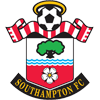





























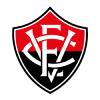






















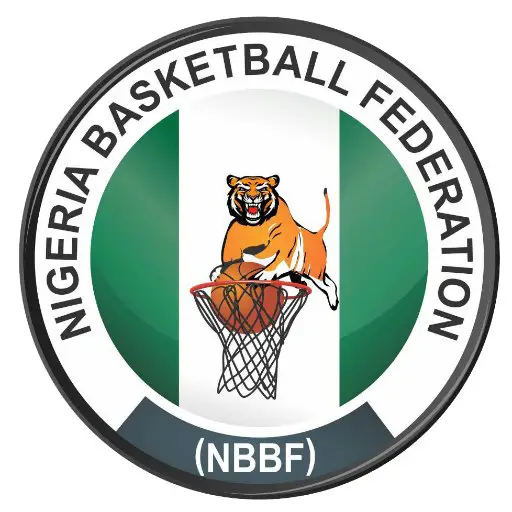
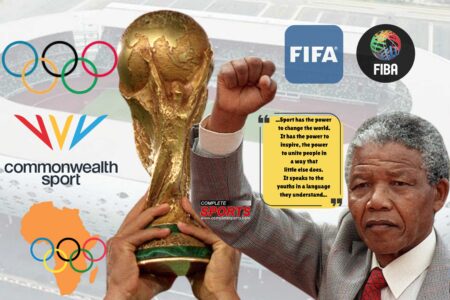
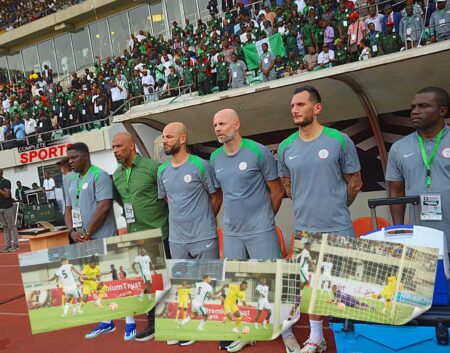
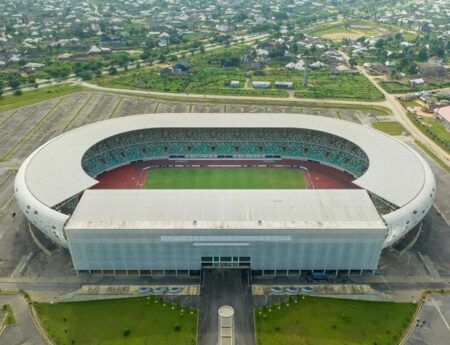
3 Comments
In these associations, one is to scatter everything while another is to make every board member conform. So if we are to follow Chief’s position, everything should be scrab. I tell you chief, nothing will hold going by that philosophy. What we have now can be improved upon to regularize sport association actives.
Kunle, that means either you or Odegbami is supporting our corrupt sport commission.
The Athletics Federation and we know it was D’Tigress, set of Nigerian based overseas. Was it wrong to ask for their dues? What is the marketing angle of sport?